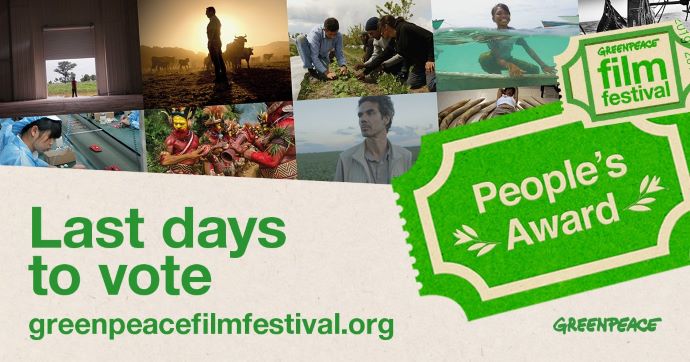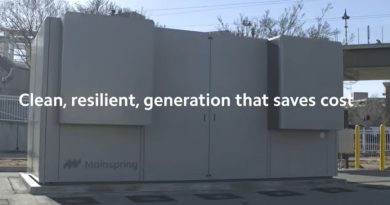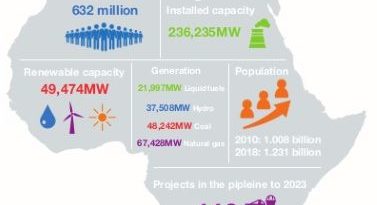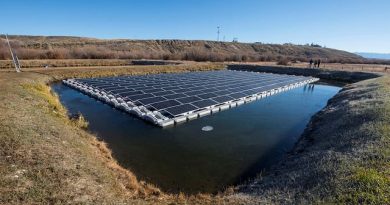The Greenpeace Film Festival: Pick and Vote your favourite from these 15 Movies
 Watch 15 well curated movies on environment and vote for your favourite!
Watch 15 well curated movies on environment and vote for your favourite!
After 2017, Greenpeace has brought back its famous film festival for the year 2019, with 15 new selected films to stimulate your senses and bring forth environmental issue to the front. “Raise public awareness of environmental issues and highlight positive initiatives”. This is the stated objective of the Greenpeace Film Festival, which will allow Internet users, from January 14 to 28, 2019, to view 15 documentaries free of charge on various environmental themes – climate, food, agriculture, overconsumption, deforestation, land grabbing or the financialization of nature-, and to vote for the one they preferred. These 15 well made documentaries offer a green perspective on the vital issues of the day, with a wide variety of issues covered.
“The Greenpeace Film Festival is born of the need to better understand the environmental issues of our time and discover ways to act”, explains the official website, where all the documentaries in competition are available for viewing.

The Milk System: On the global agri-food market, milk is a particularly attractive product. Today, there is not much left of the bucolic and idealized image of the dairy market. The milk trade is currently worth billions, and the industry is working to ensure that consumption continues to rise everywhere.
You need a breath of fresh air, look at New World , a positive film that brings hope for real change thanks to the myriad of individuals who unite and show talent, initiative, and creativity to create a better world.
A true cry of alarm, Brother of trees resonates right in our hearts and invites each one of us to reconnect with his inner child to reopen wondering eyes in front of Mother Nature.

Thanks to Nucléaire, the French impasse , you will get a perspective on the state of the nuclear industry and the reasons why the French government refuses to abandon this option, despite the warnings of experts who believe otherwise
In Australia, hooked on coal , you will discover that, between hypocrisy and arrangements, nothing is quite so simple in this country where we reduce the use of coal on the territory, while continuing to export is to other countries. Anyone else reminded of Norway?
The field of possibilities is the meeting with men and women who perfectly illustrate a new model of peasants who do not see the land as a mere support of cultures, but as a living ecosystem to respect and maintain.

Nature, the new Eldorado of finance will reveal to you how far finance is able to go and why we must redouble our efforts to preserve it in the face of so much greed. A real slap for nature lovers!
The beautiful images in Climate, People and the Sea will take you on the edge of the oceans to help you discover people and lifestyles already suffering from global warming.
Dead Donkeys fear no hyenas highlights the land grabbing of small farmers in Ethiopia, the role of whistleblowers and the involvement of some at the risk of their lives to alert public opinion and denounce human and ecological dramas.

By taking the time to watch Tout accélère, you will share the questions of CM2 students on the vertiginous acceleration of our world: why are our societies always looking for more growth?
The underpinnings of the electronics industry will be unveiled in Death by Design : a shock survey whose subject, still little known, concerns us all and which shows us the true cost – ecological and human – of our devices.
With Soon on your plates (willingly or forcibly) , you will follow an uplifting survey conducted in France, Argentina and Denmark. It will show you that no limit is respected, both in terms of health and respect for the soil, when it comes to intensive agriculture.

Is it still possible to eat animals respecting their well-being, the planet and our health? This is the question What should stop eating animals? who wonders about the world we want to leave for future generations and the type of food we want to produce and see in our plates.
Let yourself be blown by Winds contrary, a history of French fishing, and go to the discovery of France, this country of sailors with 3500 km of coastline.
From the savannas of Africa to the Asian markets, Trafic d’ivoire, the lost war is alerting us to the situation of rhinos and elephants, whose populations are disappearing at a furious pace.
At the end of the festival, two prizes will be awarded: the Audience Award, which rewards the film that received the most votes , and the Coup de Coeur Award, for the film that was the most viewed. The laureates will then be screened in several French cities, as was the case for the previous edition – which had gathered more than 180 000 spectators for a total of more than 30 000 votes – whose big winner, ” Empathy ” was broadcast in 18 cities across France.
Empathie, a Spanish documentary directed by E. Antoja, wons the Public Prize of the first edition of the Greenpeace Film Festival. This film reveals, in a quirky and sympathetic way, all the abuses and aberrations of the use of animals in our way of life, figures and facts in support.
Empathy shows neither guilt nor extremist since it starts from the point of view of a “carnivore” little concerned about the animal condition, this film reviews all the facts and figures concerning animals, and assesses. In the end, he lets the viewer draw his own conclusions.
This film came first in front of Futur d’Espoir , a documentary by a promising 17-year-old director who highlights the difficulties of the agricultural world while promoting the many positive initiatives. In total, the last edition of the festival counted more than 30,000 votes and the selected films were available to more than 160,000 to watch.




